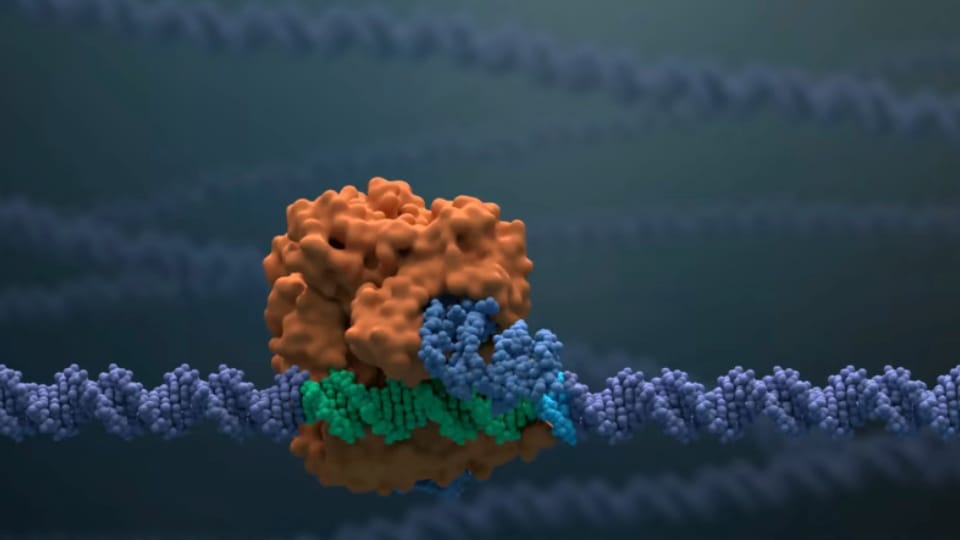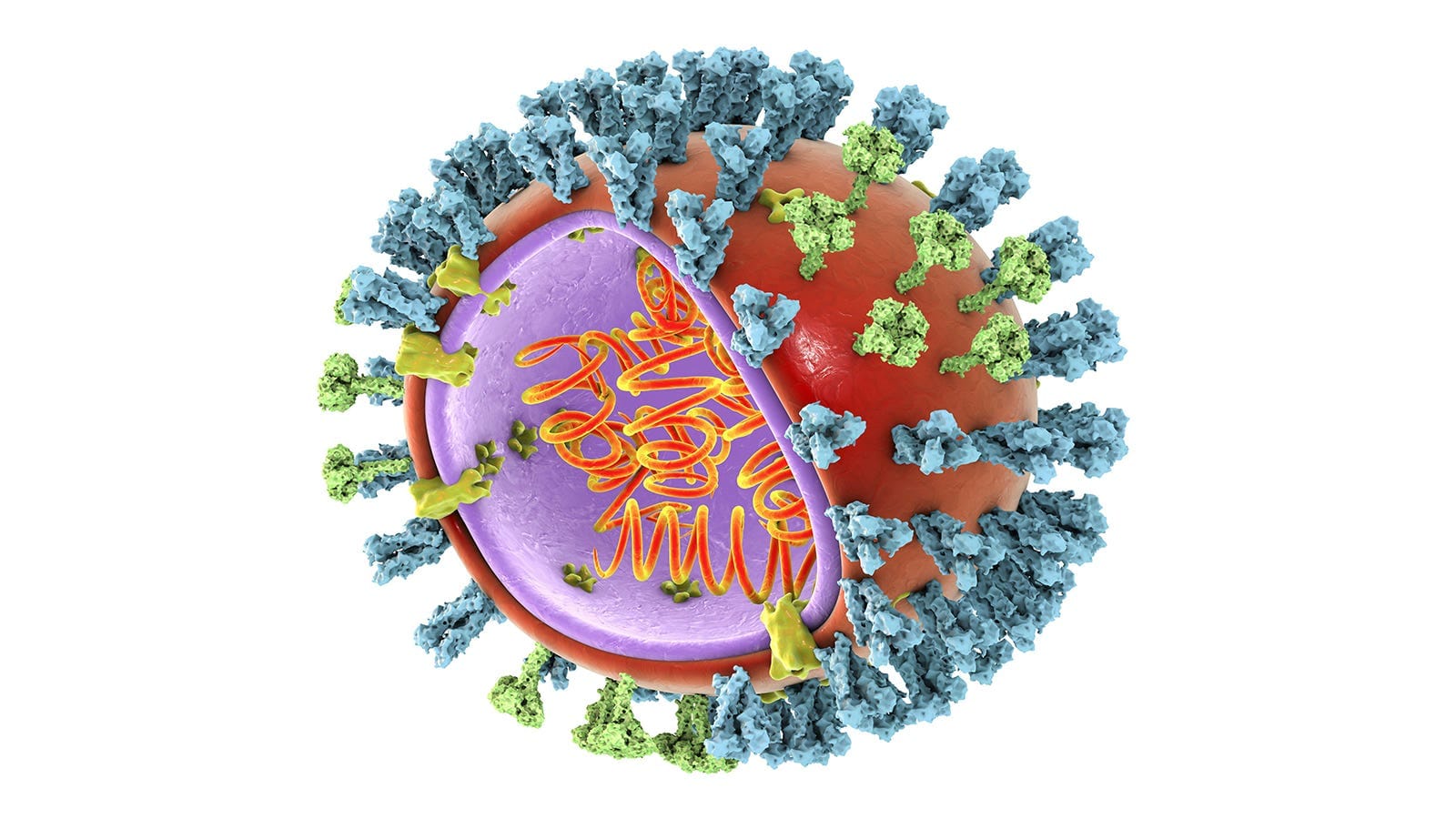In a landmark achievement that has sent ripples through the scientific community, researchers at the Chinese Academy of Sciences have successfully created viable mice with two fathers. This groundbreaking study, published in the esteemed journal Cell, marks a significant milestone in our understanding of mammalian reproduction and opens up tantalizing possibilities for the future of assisted reproductive technologies.
The team, led by Professor Zhi-Kun Li, employed a sophisticated technique known as CRISPR gene editing to modify the DNA of mouse embryos. By precisely manipulating genes involved in sperm development and imprinting, they were able to bypass the requirement for a maternal egg cell. As a result, two genetically identical male mice successfully fathered a litter of healthy offspring. These mice developed normally, exhibiting no signs of developmental abnormalities, and have reached adulthood, proving their fertility and suggesting that this genetically unique lineage can be perpetuated.
Professor Li and his team meticulously analyzed the health and well-being of the offspring, comparing them to mice conceived through traditional means. Their findings revealed no significant differences in physical development, behavior, or lifespan, indicating that this novel reproductive method does not compromise the overall health and viability of the offspring.
This groundbreaking research has profound implications for our understanding of mammalian reproduction and the very definition of parenthood. It challenges the traditional paradigm of sexual reproduction, which has long been considered an absolute requirement for the creation of new life. The successful creation of offspring from two fathers opens up a vast array of possibilities for future research and applications, particularly in the field of assisted reproductive technologies.
For instance, this technology could potentially offer hope to individuals who are unable to conceive through traditional means, including same-sex couples who desire biological children. It could also pave the way for advancements in conservation efforts, allowing scientists to preserve endangered species by creating genetically diverse offspring from a limited pool of individuals.
However, the ethical implications of this research are profound and require careful consideration. The ability to manipulate the fundamental processes of life raises fundamental questions about the nature of parenthood, family, and the very essence of what it means to be human. As we venture further into this uncharted territory, it is imperative that we proceed with caution and engage in open and transparent dialogue about the ethical, social, and philosophical implications of our scientific advancements.



